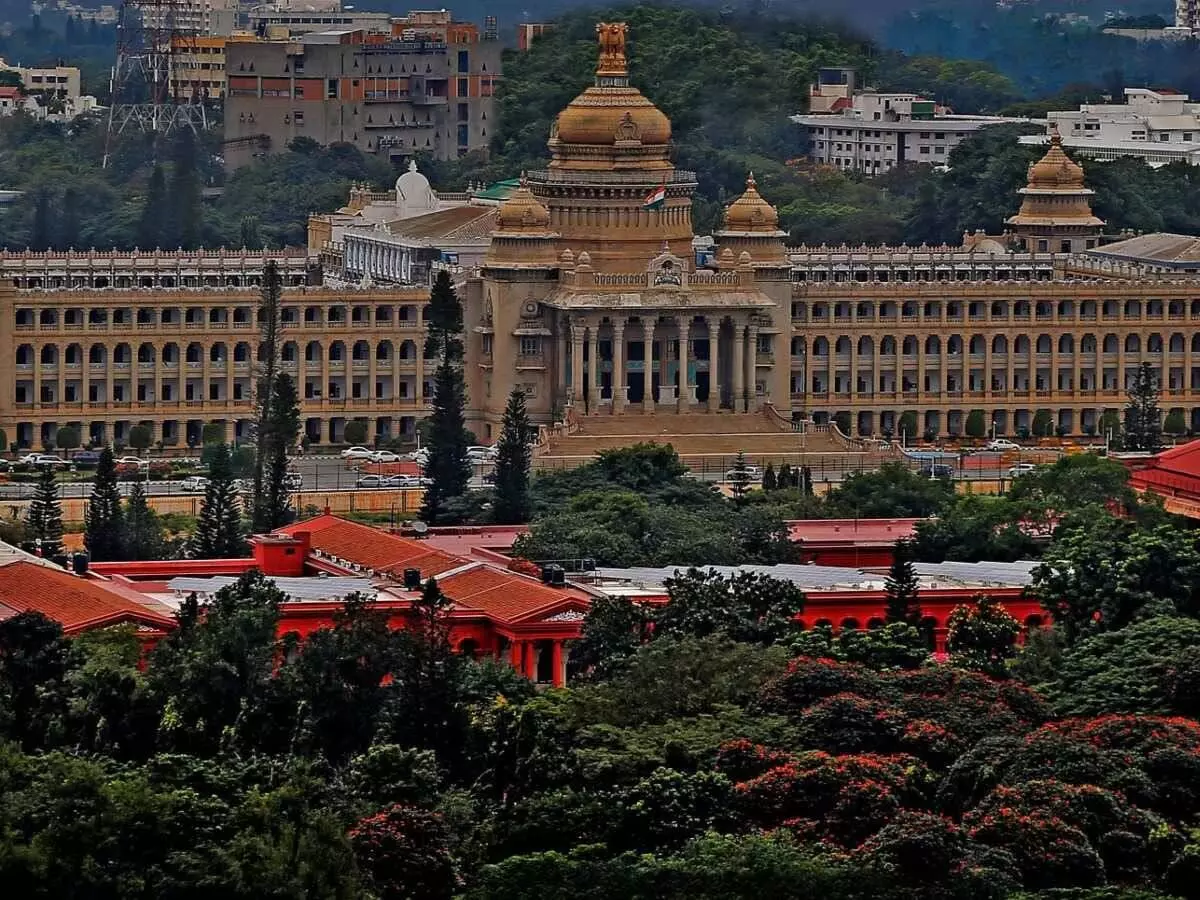World Bank Approves $426 Million for Bengaluru Water Security and Flood Control Project
World Bank approves $426 million for Bengaluru's water security and flood control project. The initiative includes lake restoration, smart water meters, new sewage plants, and sewer connections for 1 lakh homes.
World Bank Approves $426 Million for Bengaluru Water Security and Flood Control Project

Bengaluru | June 26, 2025: In a major boost to urban infrastructure and water resilience, the World Bank has sanctioned $426 million (approx. ₹3,550 crore) to strengthen water security and flood control systems in Bengaluru, Karnataka’s tech capital. The funds aim to benefit over 4 million residents through lake rejuvenation, smarter water management, and expanded sewage infrastructure.
🔍 Project Highlights:
183 lakes to be restored to increase stormwater absorption and reduce flood risk.
100,000 households to receive new sewer connections.
9 modern sewage treatment plants (STPs) to be constructed.
Smart water meters to be installed and old pipelines to be upgraded.
Disaster Management Centre to be enhanced with improved early warning systems.
Recycled wastewater to be used for industrial applications and groundwater recharge.
The project also aims to boost the financial sustainability of the Bengaluru Water Supply and Sewerage Board (BWSSB). An additional $5 million in private investments is expected to supplement the public funding.
💡 Smarter Water Management
As part of the long-term solution, Bengaluru will implement smart infrastructure including leak-detection systems, data-driven distribution monitoring, and advanced billing mechanisms. These improvements will ensure more efficient resource usage and reduce wastage.
💰 Loan Details
The funding is being provided by the International Bank for Reconstruction and Development (IBRD), the lending arm of the World Bank. The loan has a 20-year repayment period, with a 5-year grace period before repayments begin.
📊 Context
This comes at a time when Bengaluru is struggling with rapid urbanization, seasonal flooding, and a widening gap in water demand and supply. Experts believe the project could serve as a model for other Indian cities facing similar climate and infrastructure challenges.

